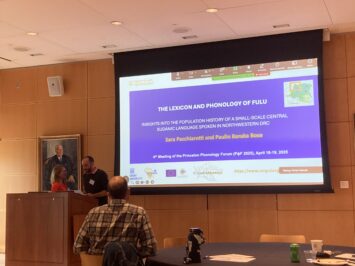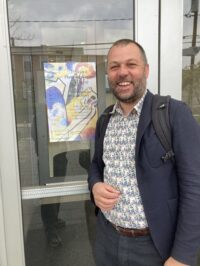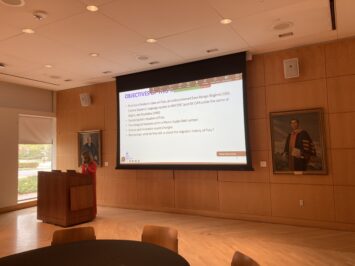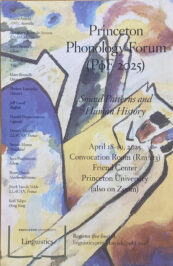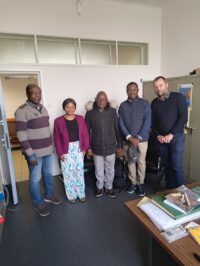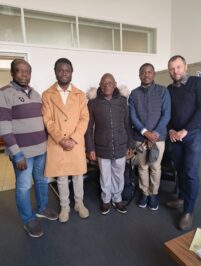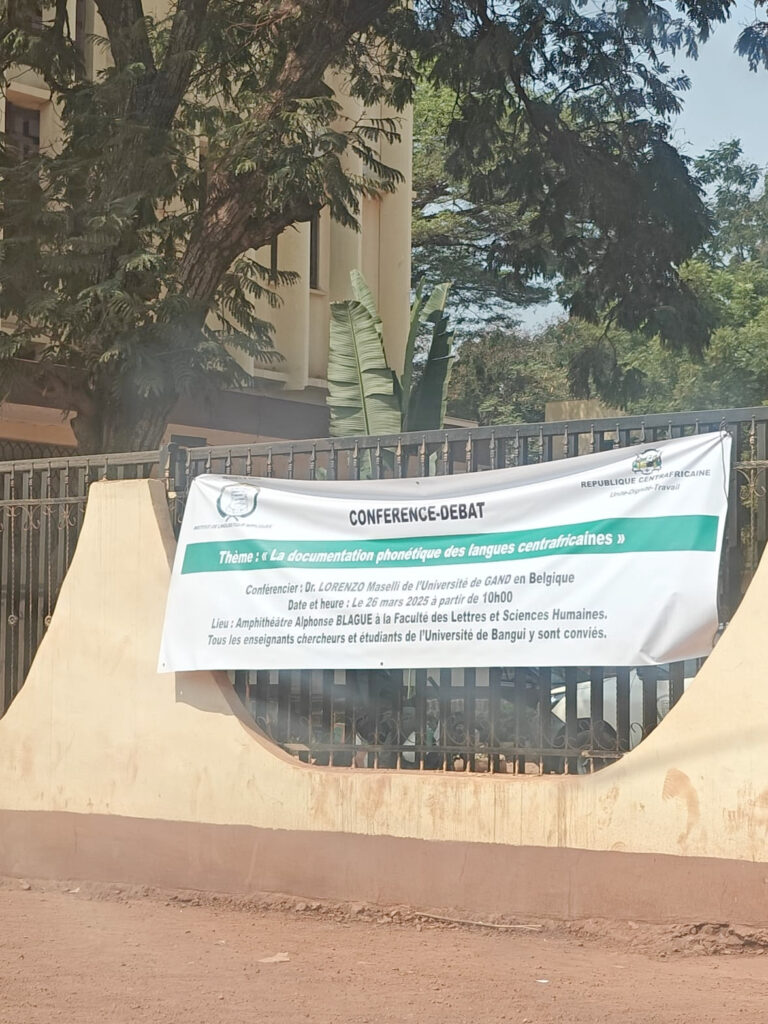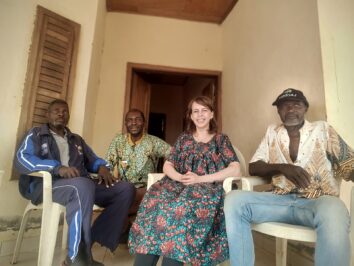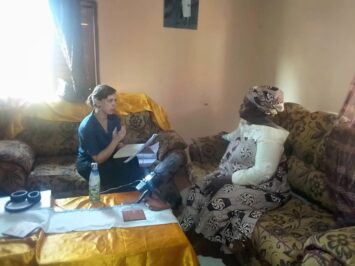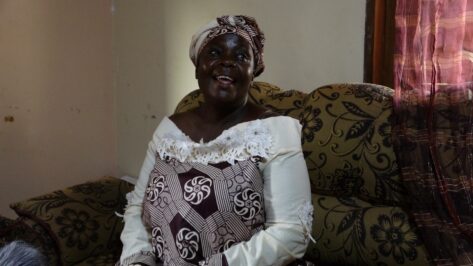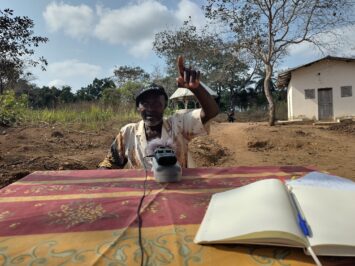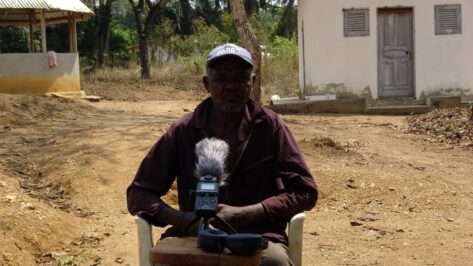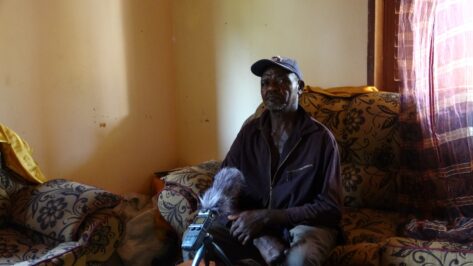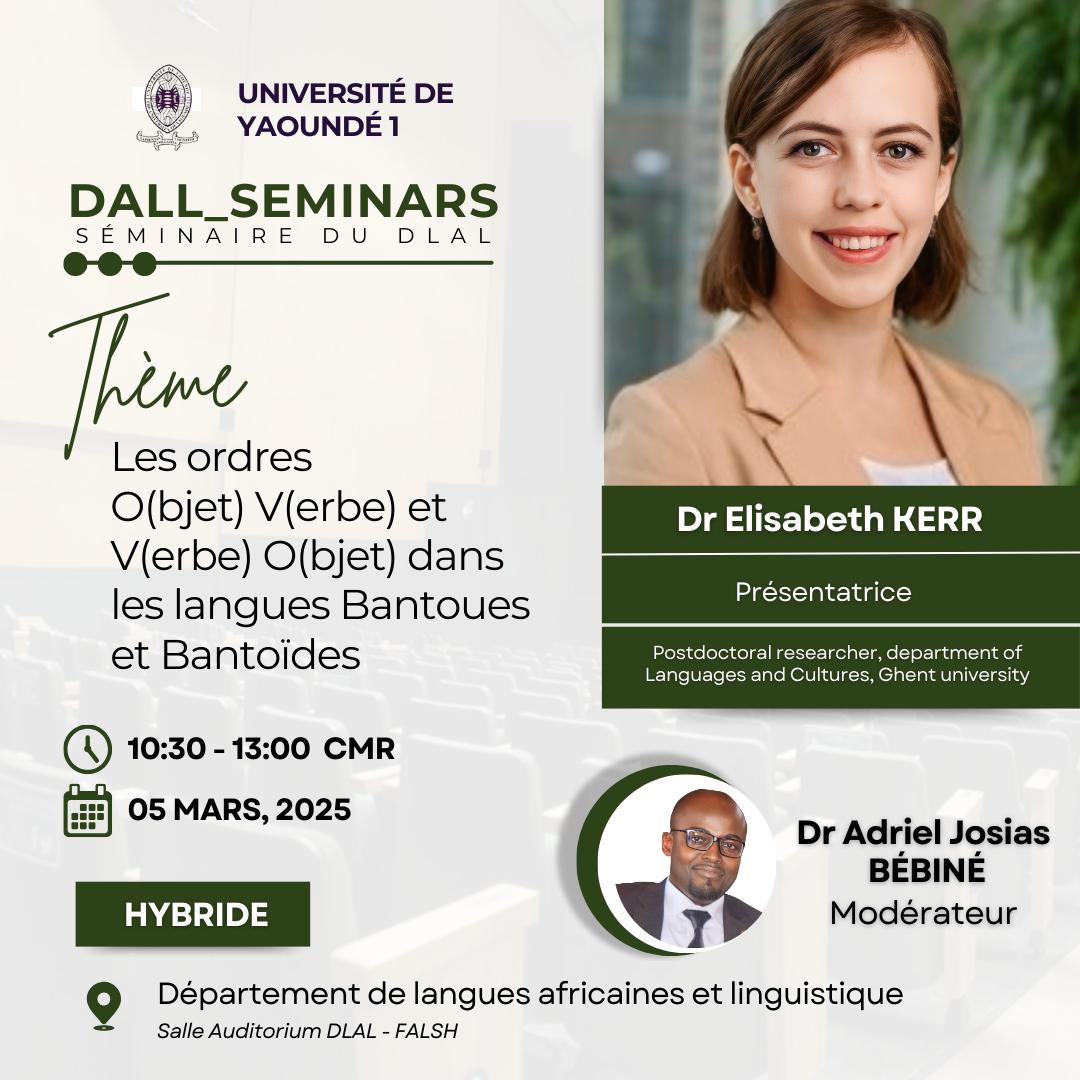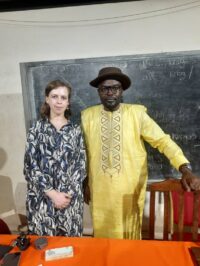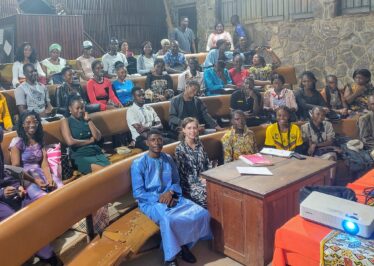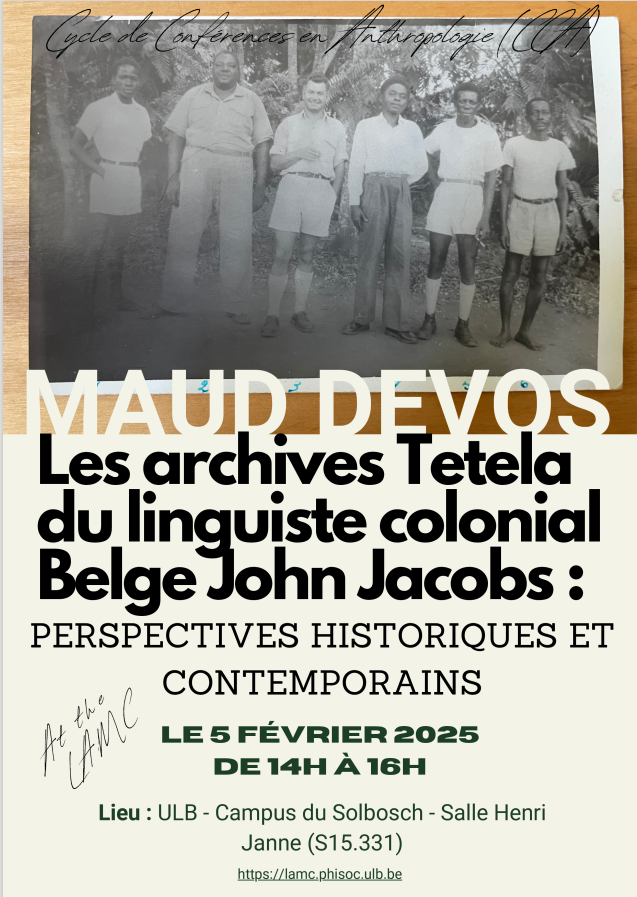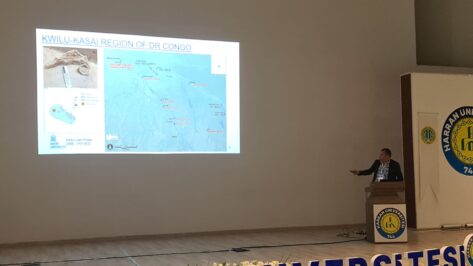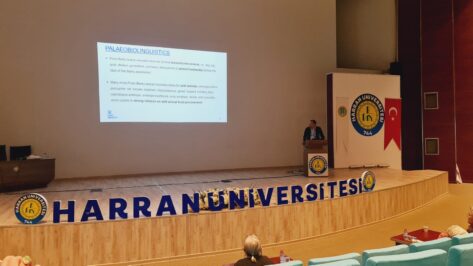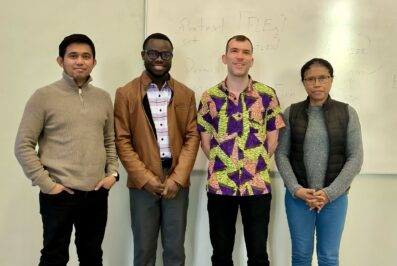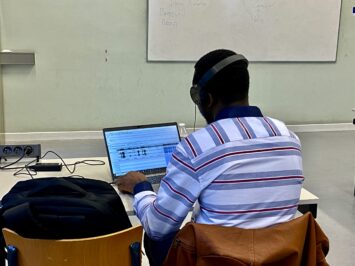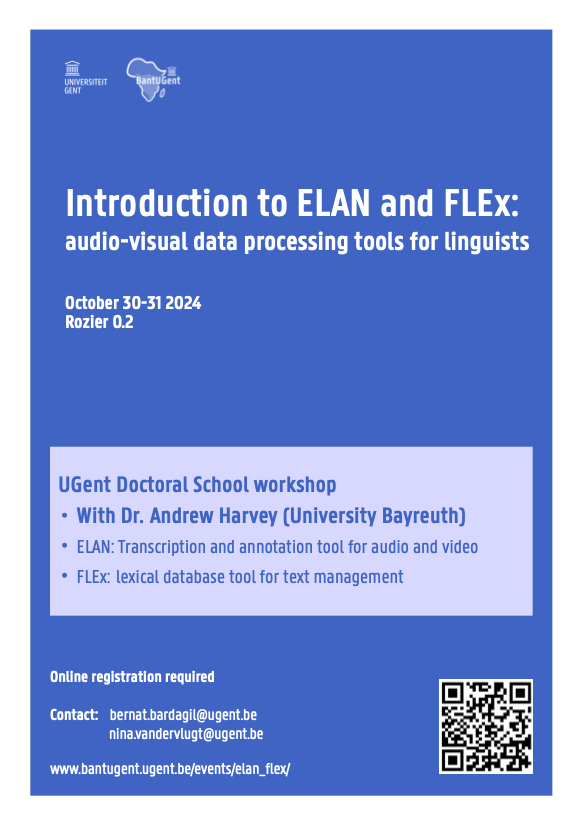On April 18-19, 2025, the fourth meeting of the Princeton Phonology Forum (PɸF 2025) took place at Princeton University (New Jersey, USA). The theme for PɸF 2025 was Sound Patterns and Human History. The workshop brought together scholars whose research examines the connection between human history, events, and migration (as evidenced from oral history, archeology, genetics, etc.) and large-scale areal zones of sound system convergence. BantUGent was present with two talks:
- Koen Bostoen “West-Coastal Bantu diachronic phonology and deep-time population contact in the Lower Kasai region of the Democratic Republic of Congo“
- Sara Pacchiarotti “The lexicon and phonology of Fulu: insights into the population history of a small-scale Central Sudanic language spoken in northwestern DR Congo“
